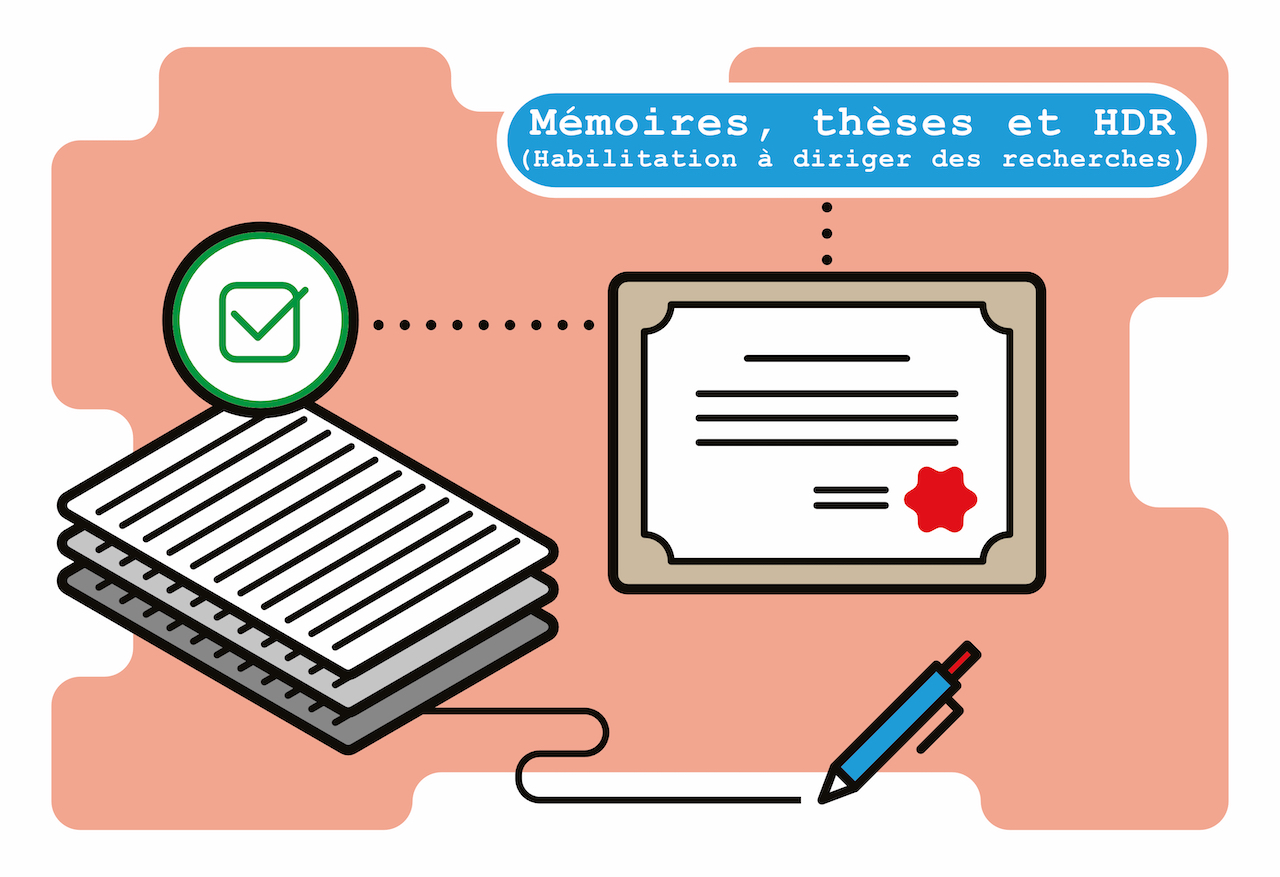Connected patients : Self-tracking and the challenge of health education Patients connectés : L'éducation à la santé au défi de la quantification de soi
Fiche du document
14 novembre 2024
- ISIDORE Id: 10670/1.2ad792...
- NNT: 2024PA100083
- tel: tel-05094095
info:eu-repo/semantics/OpenAccess
Mots-clés
Self-Care Health education Philosophy of body practices in health education Digital inclusion Technology of the self Phenomenology Autosanté Éducation et formation à la santé Philosophie des pratiques corporelles dans l’éducation Inclusion numérique Technologie de soi PhénoménologieSujets proches
Biography--HealthCiter ce document
Elise Brayet, « Patients connectés : L'éducation à la santé au défi de la quantification de soi », HAL SHS (Sciences de l’Homme et de la Société), ID : 10670/1.2ad792...
Métriques
Partage / Export
Résumé
Restées jusqu’aujourd’hui absentes des recherches sur la quantification de soi, les Sciences de l’éducation et de la formation ont un rôle à jouer dans la compréhension des tensions structurantes du sujet à l’heure de la santé connectée. Après avoir identifié, dans l’histoire et l’épistémologie de la santé, les moments de rupture qui ont conduit à soutenir une vision de plus en plus quantitative de la santé, nous montrerons combien les conditions d’émergence de l’autosanté ont croisé l’exercice de la biopolitique à partir du 18ème siècle. La tendance au « culte de l’autonomie » caractéristique de notre époque contemporaine pourrait ainsi recouvrir une inflexion nouvelle de la biopolitique qui pose comme faces d’une même pièce liberté d’entreprendre et valorisation du contrôle de soi, ambivalence que les dispositifs numériques promettent de poursuivre en la colorant différemment. À travers une série d’entretiens menés auprès de trois populations faisant face à des problèmes de santé chroniques (obésité/surpoids, cardiopathies, diabète) nous tenterons de montrer comment se constitue le sujet dans le cadre d’une numérisation du corps et de la santé et selon quelles ambivalences. Il s’agira de proposer une analyse qualitative des pratiques de quantification de soi pour comprendre l’articulation qui peut se faire, au cœur du soin de soi-même, entre expérience du corps vécu et objectivation du corps vivant, entre care et cure. Cela nous enjoindra à reconnaître, dans certaines mesures, la possibilité d’un retour réflexif sur le sujet capable d’accroître le souci de soi alors même que la quantification de soi laisse présager un risque d’objectivation accrue du corps. Mais ces promesses rencontrent des freins liés à la nature de la pathologie ou encore aux modalités d’accompagnement social, médical et technique des patients. Le numérique voue le sujet à une nouvelle écologie dont l’éducation à la santé doit prendre la mesure pour penser son accompagnement.
